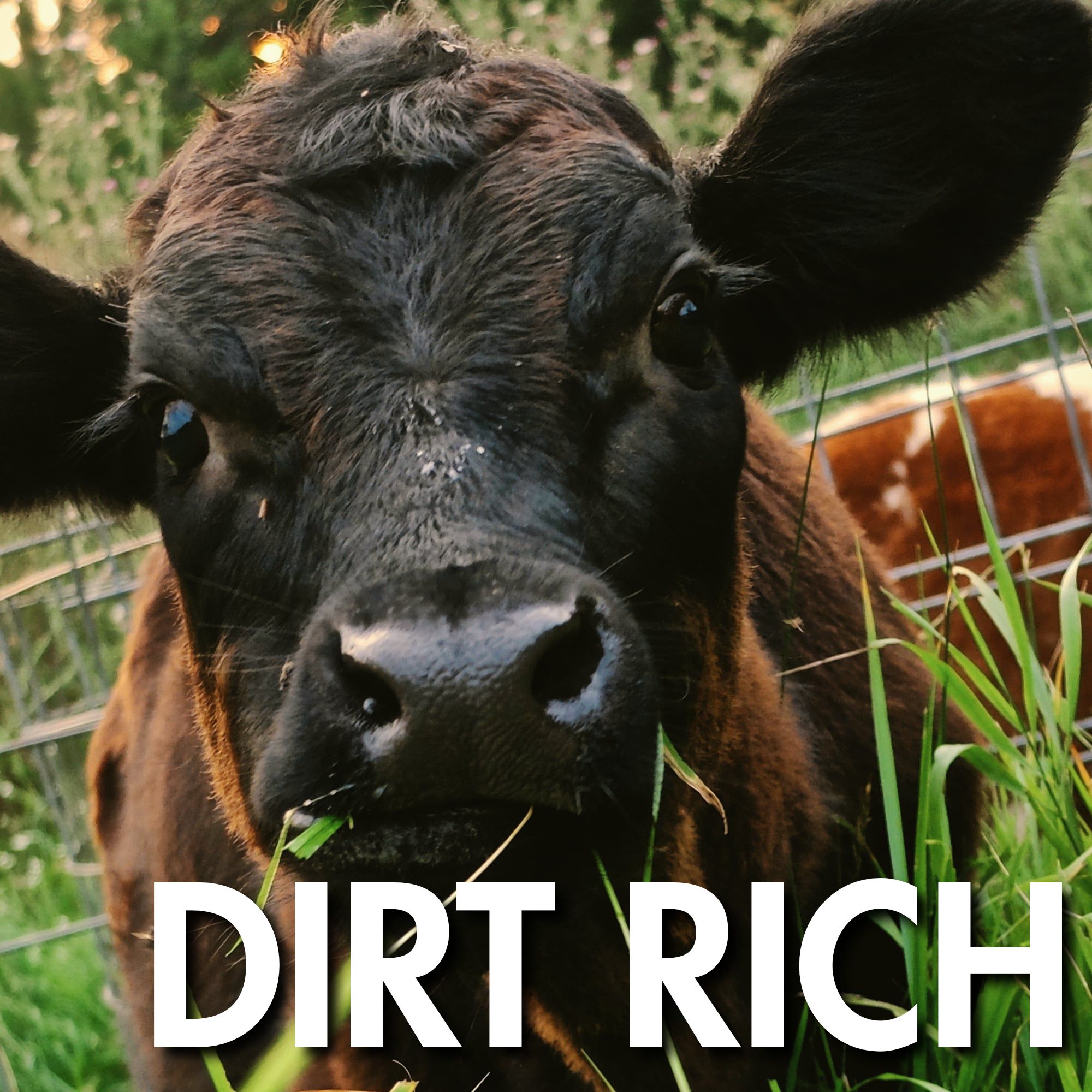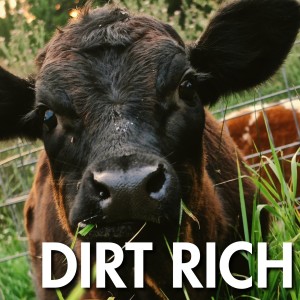
86.8K
Downloads
88
Episodes
Seasonal conversations on food and farming. Produced by the Sustainable Farming Association of Minnesota. www.sfa-mn.org Follow SFA's work by signing up for our e-newsletter: https://sfamn.z2systems.com/np/clients/sfamn/subscribe.jsp?subscription=7&
Seasonal conversations on food and farming. Produced by the Sustainable Farming Association of Minnesota. www.sfa-mn.org Follow SFA's work by signing up for our e-newsletter: https://sfamn.z2systems.com/np/clients/sfamn/subscribe.jsp?subscription=7&
Episodes

Wednesday Apr 28, 2021
29: From "Conventional" to Resilient
Wednesday Apr 28, 2021
Wednesday Apr 28, 2021
When Jon Stevens first tried no-till, it wasn’t with soil health in mind. One “notoriously horrible spring” left it as the only option to get seed in the ground in 2014. More harsh weather conditions followed, and by the end of the season Jon’s neighbors were very unhappy with their yields, but Jon had made it through alright. He’d even noticed some labor savings.
So he continued to dabble in no-till. The next season he implemented some strip-till, and as he says, “boy, that lit the ground on fire. That strip-till took care of a lot of questionable spots...immediately we saw a drastic reduction of runoff.” After hearing some buzz about cover crops, he decided to dabble a bit in that too. He was discouraged by how little came up and overwintered at first, and figured he was probably too far up north for it to work, but he kept playing with it.
Over time, Jon started to notice a lot of little changes in the land, his labor, and his inputs adding up. His neighbors noticed too. After it rained, he didn’t have to wait long before he’d be able to get back in the field. “Wait a minute, I spent my whole childhood stuck in this spot, and now I’m driving through after a rain event and I’m barely making a little impression.” Something was really working, though Jon couldn’t quite put his finger on it.
He started to reach out online and to other farmers, and found networks of farmers who were making real moves with soil health. Between those communities and Jon’s willingness to run field experiments and try new things even when things seemed to fail at first, he was able to adapt the soil health principles into the context of his own farm. In 2003, his family had sold the dairy cows and focused on conventional corn and soybeans. Today, the livestock is back on the land and Maple Grove Farms is raising corn, beans, beef, hay, and small grains on 700 acres this season. Over time, he created a more diverse, adaptable, and resilient system--both financially and environmentally. “All these positive things, there’s no question in my mind: I don’t have to have side-by-sides anymore for myself because we can already see the end result. And the end result is that we don’t need to rely on the commercial side, that we’re going to get it. We’re gonna be the ‘Gabe Brown of Minnesota,’ along with many other farmers that are doing this stuff.”
Connect with Jon through his YouTube Channel or on his Soil Man forum.
More soil health resources are also available on the SFA website.
Want to get more involved and connect with fellow growers like Jon? Check out our event calendar for field days and webinars. You can also become a member of SFA and join a chapter in your region!
Thoughts? Comments? Ideas? Drop us a line on our Virtual Comment Box.
Jared Luhman, SFA Soil Health Lead
Jon Stevens, Maple Grove Farms, Rock Creek, Minnesota
The viewpoints of the speakers expressed within or outside of this episode do not necessarily reflect the goals and mission of SFA.
Dirt Rich is produced by the Sustainable Farming Association.

No comments yet. Be the first to say something!